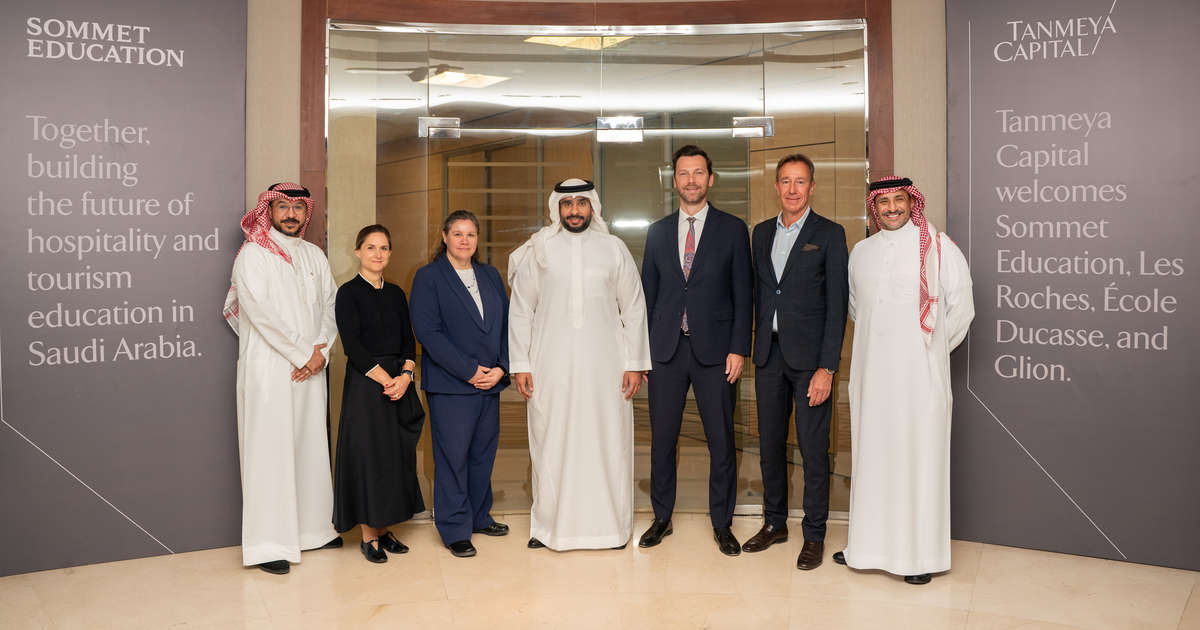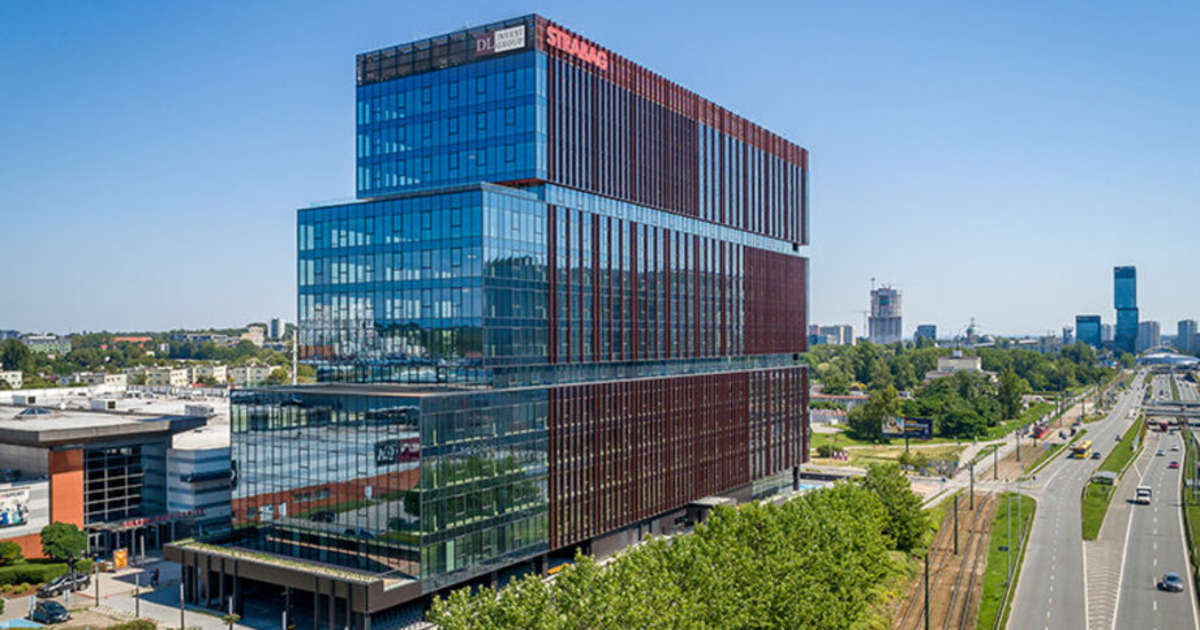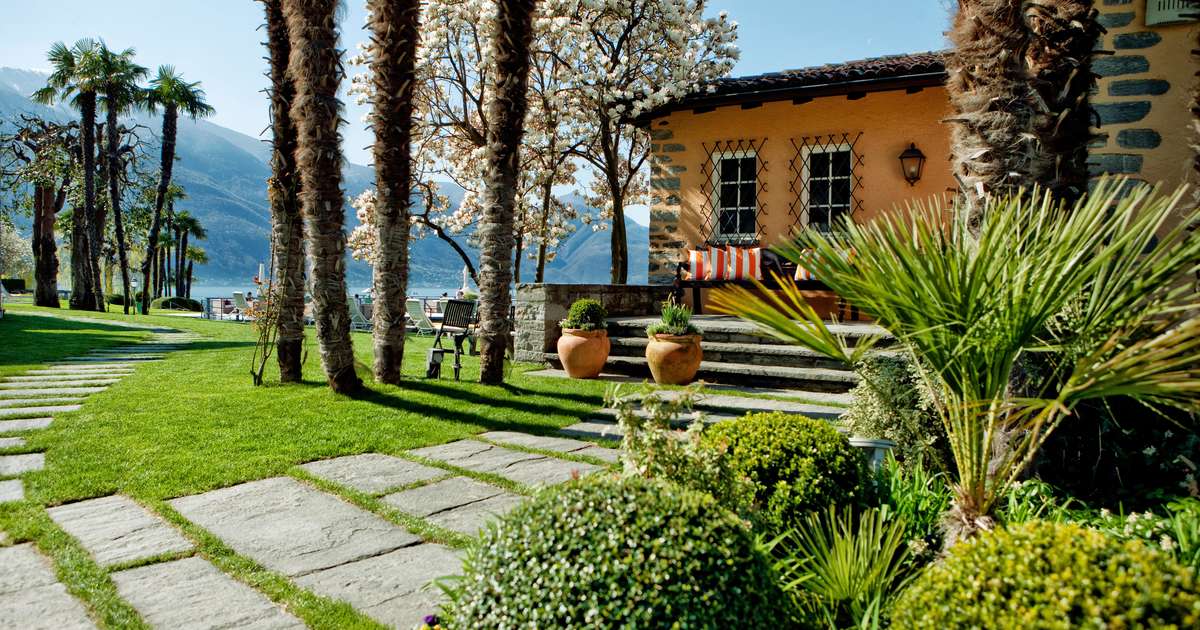
AI and automation are real game changers for hotel revenue management. Today’s tools aren’t just suggesting prices, they’re reading the market in real time, learning from data and adjusting rates automatically.
But with all these powerful tools at our disposal, is there room left for the human touch?
You can probably already see how AI is helping hoteliers. For example, it can take tedious admin off your shoulders, freeing you up to focus on the bigger picture. That could be making sharp strategic decisions that boost revenue or focusing on creating remarkable guest stays. Think of it like autopilot on a plane. It handles flying, but there’s still a pilot in the cockpit.
To help you find that balance between the human touch and AI in hotel revenue management, we’ve broken it down into three steps.
1. Set the strategy (so AI can run with it)
Before your revenue management system (RMS) can start optimizing rates with AI, you’ve got to teach it how to think.
Take our plane example. Sure, autopilot can help navigate it to most locations. But first, it needs to know the destination. That’s where the human touch comes in.
In hotels, that’s the revenue, sales, and marketing teams setting the goals and feeding information to the AI to help it do its best work. So, everything from room types to your min/max rates and pricing hierarchy. And the more you share up front, the better the pricing recommendations work for your property, brand and local market.
2. Plan for the predictable
Market demand isn’t static. Public holidays, local events and even weather can all shift performance. So, it’s essential your RMS can adapt quickly when change happens.
Luckily, today’s revenue solutions are built to keep up. By adjusting rates in real time based on historical data and forward-looking trends, they make sure your prices are always in line with the changing market.
Of course, if you want more control then you have that power. All you need to do is feed the system more information. Take your high and low seasons, for example. You can set special rules for main travel times based on your own local knowledge, demand data and event announcements. That way, your system knows when to hold steady and when to surge.
3. Teach it to adapt
Sure, you can feed your RMS as much info as you like, but not everything is predictable. A major concert could be announced at the last minute. Or a big group could cancel with no warning.
When those surprises hit, AI can react in seconds and adjust your pricing automatically. That way you’re not stuck with underpriced rooms when demand surges unexpectedly.
But here’s where you and your team come in. You’re the ones setting the rules. You decide how aggressive (or conservative) the response should be. And when needed, you step in with overrides to protect your brand, your positioning or your bottom line.
The sweet spot between AI and human strategy
So no, AI isn’t here to take your job. Even smart tools need a smart operator, and no-one knows your brand better than you do. Not even an algorithm.
In fact, AI is here to help hoteliers and revenue managers. Help them to stop repeatedly updating spreadsheets. Help them to stop wasting time on tedious manual processes. Help them to stop second guessing themselves.
And when you leave AI to handle the ‘how’, you get to focus on the ‘why’. Things like smarter pricing strategies, campaigns or simply speaking with your guests.
Ready to rethink your revenue management?
Find the sweet spot between AI and human strategy with Atomize, a Mews company. Book a demo here.
About Mews
Mews is the leading platform for the new era of hospitality. Powering over 12,500 customers across more than 85 countries, Mews Hospitality Cloud is designed to streamline operations for modern hoteliers, transform the guest experience and create more profitable businesses. Customers include BWH Hotels, Strawberry, The Social Hub and Airelles Collection. Mews was named Best PMS (2024, 2025) and listed among the Best Places to Work in Hotel Tech (2021, 2022, 2024, 2025) by Hotel Tech Report. Mews has raised $410 million from investors including Growth Equity at Goldman Sachs Alternatives, Kinnevik and Tiger Global to transform hospitality.
www.mews.com
View source


